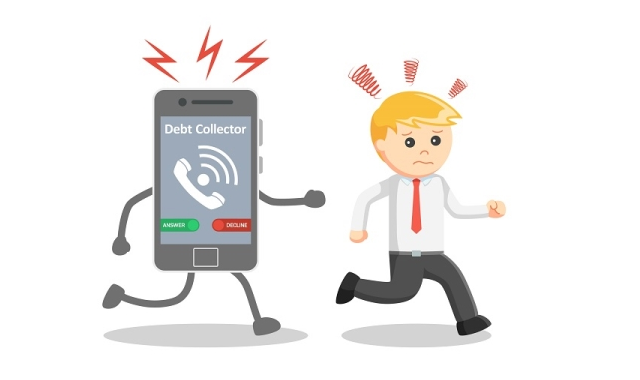What Are The Differences Between The FDCPA And The FCCPA?
If you have problems with old debts or debt collector harassment, you will likely hear a lot of acronyms. Two of the most important for consumers are the Fair Debt Collection Practices Act (FDCPA) and the Florida Consumer Collection Protection Act (FCCPA). The two statutes are similar, with the Florida version meant to provide additional protections to its citizens.
Both the FDCPA and FCCPA are meant to protect consumers from debt collection harassment. These statutes dictate when a creditor or debt collector may attempt to collect a debt, how these attempts should be made, who the debt collector may speak with, as well as the content of the calls and communications. When a debt collector violates these rules, for instance, by engaging in threats or other types of harassment, then that debt collector may be liable for damages to that consumer.
While the language of the two statutes are similar, they are not an exact match. If a court is required to decide between the state and federal versions of the law, the judge is required to choose the option which most benefits the consumer.
In general, court decisions interpreting both statutes are also similar. The language of the FCCPA requires Florida judges to look to federal court decisions interpreting the FDCPA for guidance on how to apply Florida’s version of the statute. As a result, many of the cases using either the FDCPA or the FCCPA are similar.
The main difference between the two statutes comes down to damages. Under the FDCPA, debt collectors could be liable for a consumer’s attorney’s fees, actual damages, and up to $1,000 in fines per claim. In contrast, the FCCPA allows the consumer to also seek punitive damages. If the judge or jury believes that the debt collector’s actions warrant punitive damages, then the amount a consumer could win is practically limitless.
People in Florida who have been harassed by debt collectors and creditors can use both the FDCPA and the FCCPA to seek damages. At Loan Lawyers, our attorneys will review the elements of your case and determine if you should use one or both statutes to seek compensation. For a free review of your debt collection claims, contact Loan Lawyers today by calling (888) FIGHT-13 (344-4813).
~


No Comment